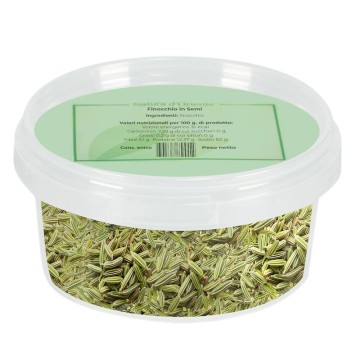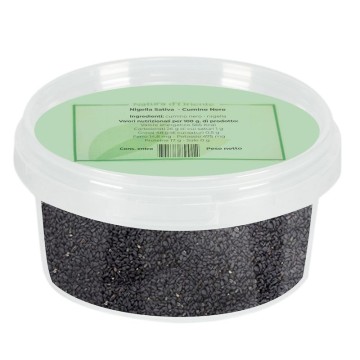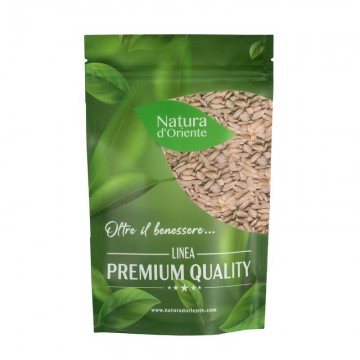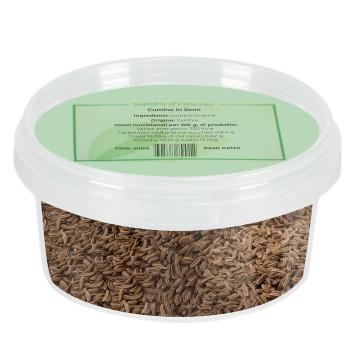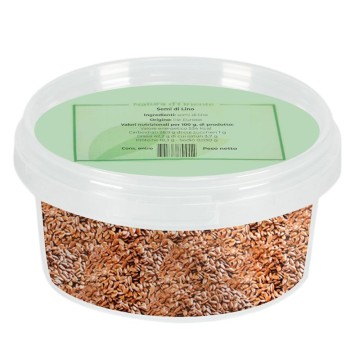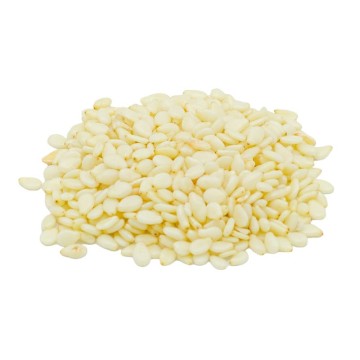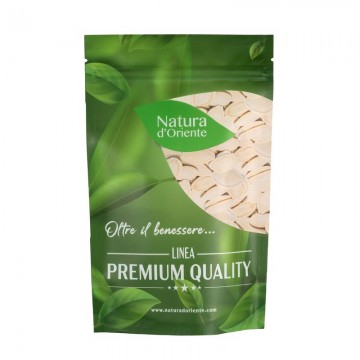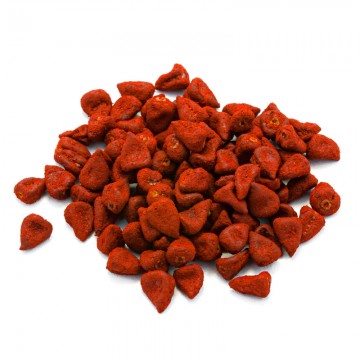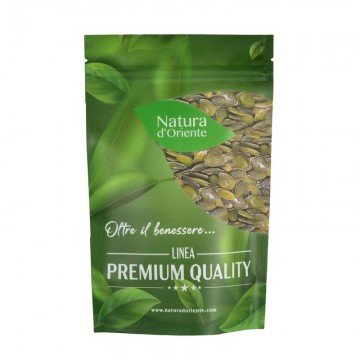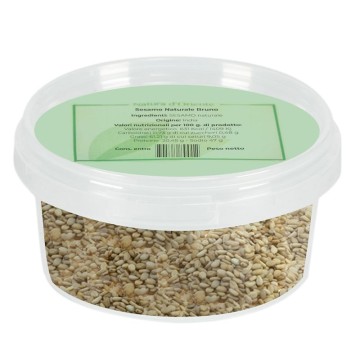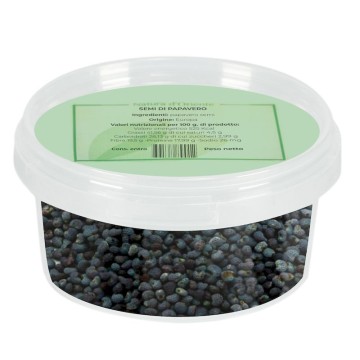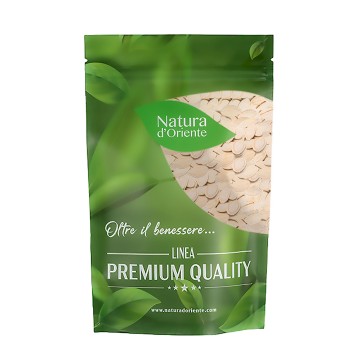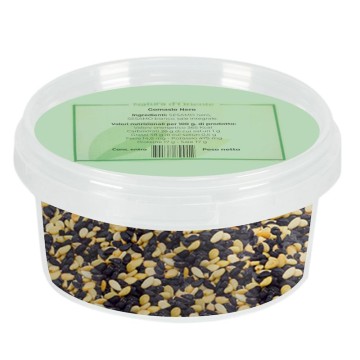Sesame seeds: properties and benefits:
Sesame seeds have notable beneficial properties and can be consumed usefully in various situations. They are considered one of the main plant sources of calcium. They are also a source of manganese, zinc and selenium. They are also rich in oleic acids, which help reduce LDL cholesterol levels in the blood and increase the presence of "good" HDL cholesterol. Furthermore, they also represent a tasty and healthy alternative for all those who cannot consume dairy products and derivatives due to intolerances.
Sesame seeds are considered a panacea for cardiovascular health because their lignan content allows the control of blood pressure, with anti-hypertensive effects. Their consumption can help prevent the formation of plaque on the walls of the arteries. The intake of sesame seeds is beneficial for the bones, improves liver function, is effective in removing intestinal worms, reduces rheumatism and joint pain, stimulates circulation and helps improve digestion. Sesame oil, obtained from the seeds, is used for skin care, to perform invigorating massages, against dandruff and to combat nasal congestion. In the kitchen in most cases, they represent one of the best foods in the macrobiotic diet.
They are often used to make richer, for example the dough for making bread or many other baked products. At the same time, sesame seeds can be used to season salads and muesli that are eaten for breakfast.
Sesame seeds in history:
Sesamum indicum L. (fam. Pedaliaceae) is a plant native to the tropics, in fact the term indicum was used to highlight its origins in India.
Sesame, thanks to its properties, is among the oldest known condiments. Already 5000 years ago it was cultivated in India because it was essential not only for human nutrition (ground and mixed in foods) but also for its use as fuel for lamps and for its medicinal, religious and cosmetic uses. The Indians themselves attribute the origin of sesame to a gift granted by the deities, according to Indian literature, sesame seeds would have been born from the drops of sweat of Vishnu.
If we say Sesame, we immediately think of the famous magic formula "Open Sesame" that Ali Baba said to allow the opening of the rock of a cave where the treasures were hidden; in the same way the opening of the Sesame fruit contains seeds rich in nutritional and beneficial properties that give strength and vitality to man.
The importance of sesame in Indian culture is reported not only in Ayurvedic Medicine as it stimulates digestion and cures diseases of the genitourinary system such as dysmenorrhea and hemorrhoids, but also in the sacred Buddhist texts in fact it is considered one of the superior foods (widely used in the diet of monks) and the Buddha remembered that "the sesame seed, despite being very small, could generate a large tree".
The nutritional and medicinal value of this "little treasure" was also appreciated by the Egyptians to the point of including it in the Ebers papyrus (ca. 1550 BC) with the term semsent among the remedies against headaches and hemorrhages. It was only in the 1st century AD that in Italy, and specifically in Sicily, they began to sprinkle its seeds on bread. Today its use as a condiment, in Africa and in Mediterranean countries, is highly appreciated especially together with raw honey, with which sesame cakes are prepared.
Due to its high fat content, sesame tends to go rancid easily, therefore it is always advisable to consume it after having ground it at the moment.



 No reward points for this product.
No reward points for this product.
